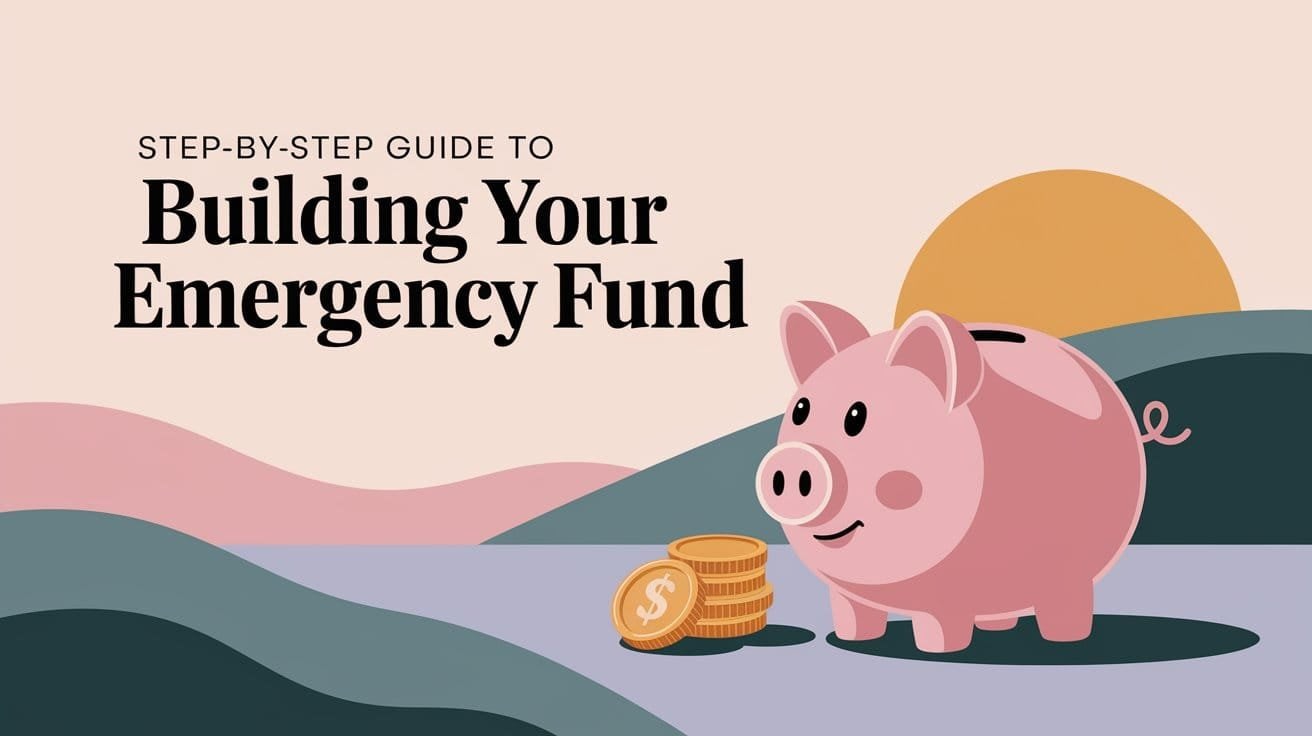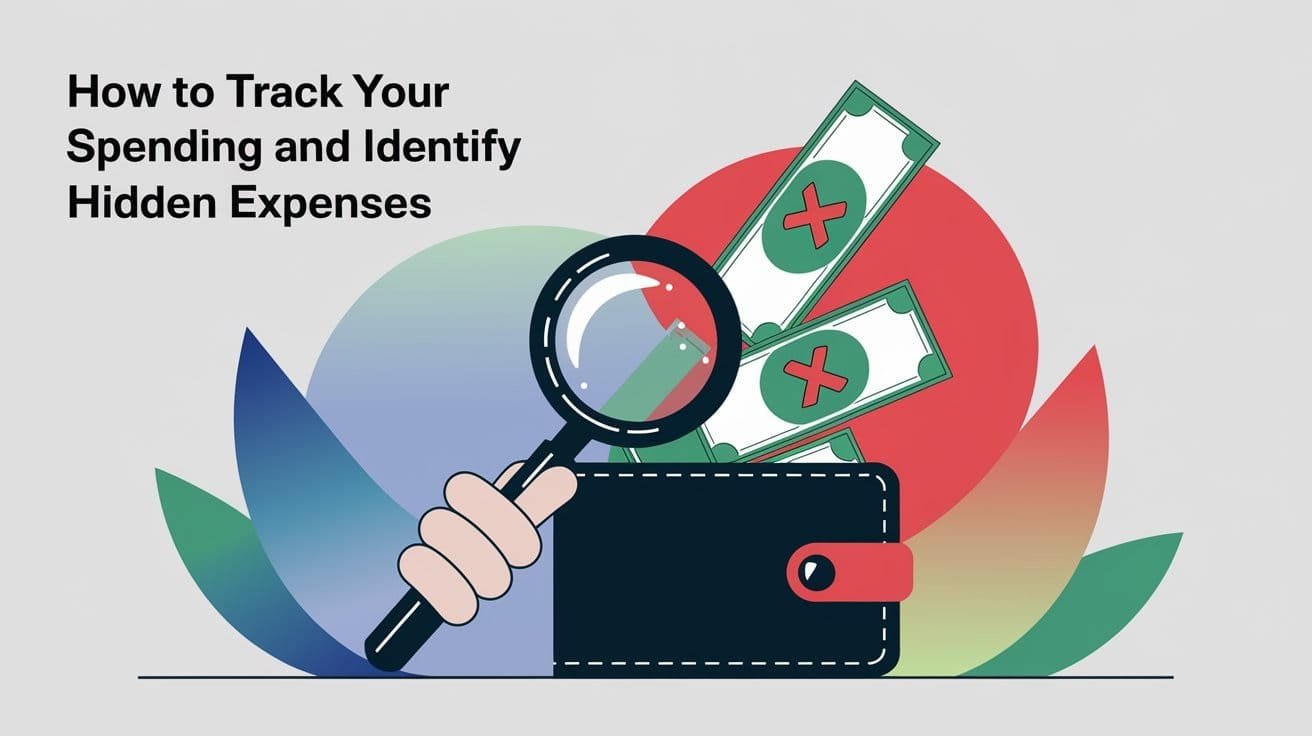Inflation is a major economic force that can significantly affect your personal finances, especially your savings. Whether it’s the rising cost of groceries, gasoline, or housing, inflation reduces the purchasing power of your money over time. While inflation is a natural part of the economy, understanding how it impacts your savings and implementing strategies to stay ahead of it is crucial to maintaining your financial health.
What Is Inflation?
Inflation refers to the general rise in the price level of goods and services in an economy over a period of time. As inflation increases, the purchasing power of each unit of currency decreases, meaning that you can buy less with the same amount of money. For example, if inflation is 3% annually, a $100 item this year would cost $103 the following year, making it more expensive to buy the same product.
How Inflation Impacts Your Savings
Inflation can erode the value of your savings in several ways:
- Decreased Purchasing Power: As prices rise, the value of your money declines. This means that if your savings don’t grow at a rate that matches or exceeds inflation, you’ll be able to purchase fewer goods and services in the future.
- Lower Real Returns on Investments: If your savings are sitting in low-interest accounts or investments with returns lower than inflation, the real value of your savings will actually decrease over time. For example, if you earn 1% interest on your savings but inflation is 3%, you’re losing 2% in real purchasing power each year.
- Impact on Fixed Income: If you rely on fixed-income investments like bonds or savings accounts, inflation can be particularly harmful. The interest you earn on these accounts may not keep up with inflation, reducing your real income and ability to save for future goals.
- Rising Costs of Living: Inflation directly impacts the costs of everyday expenses such as groceries, healthcare, and housing. If your income remains static or doesn’t increase at the same pace as inflation, you may find it more challenging to cover these costs, which in turn affects how much you can save.
Strategies to Stay Ahead of Inflation
While inflation is inevitable, there are several strategies you can implement to protect your savings and even grow them over time:
1. Invest in Assets that Outpace Inflation
One of the best ways to protect your savings from inflation is by investing in assets that have historically outpaced inflation. Some popular options include:
- Stocks: Over the long term, the stock market has outperformed inflation, with an average annual return of about 7% to 10%. By investing in diversified stock portfolios, you can increase the likelihood that your savings will grow faster than inflation.
- Real Estate: Real estate tends to appreciate over time and can provide a hedge against inflation. If you’re able to invest in property, either directly or through real estate investment trusts (REITs), you may benefit from long-term appreciation and rental income that keeps pace with rising costs.
- Treasury Inflation-Protected Securities (TIPS): These government bonds are specifically designed to protect against inflation. TIPS are indexed to inflation, meaning their principal value rises with the Consumer Price Index (CPI), ensuring your investment grows with inflation.
2. Consider High-Yield Savings Accounts
Traditional savings accounts often offer interest rates that don’t even come close to matching inflation. To counteract this, look for high-yield savings accounts or online savings accounts, which typically offer higher interest rates. While these may not fully combat inflation, they can at least minimize the erosion of your savings.
3. Maximize Retirement Contributions
If you’re saving for retirement, contributing to tax-advantaged accounts like a 401(k) or an IRA can help you combat inflation in two ways:
- Tax Deferral: Contributions to these accounts are often made pre-tax, which means you can save more money upfront, and your savings can grow tax-deferred.
- Long-Term Growth: Investing in retirement accounts with a diversified portfolio of stocks, bonds, and other assets can offer long-term growth that outpaces inflation.
4. Diversify Your Investments
One of the key principles of investing is diversification. By spreading your savings across different asset classes—stocks, bonds, real estate, commodities—you reduce the risk of inflation hurting any single investment. Diversification allows you to take advantage of different growth opportunities and hedge against inflation in various sectors.
5. Invest in Commodities
Commodities like gold, silver, oil, and agricultural products tend to rise in price during periods of high inflation. While commodities can be volatile, they historically serve as a store of value when inflation is high. Investing in physical commodities or through commodity-focused ETFs can be an effective way to hedge against inflation.
6. Build an Emergency Fund
While you’re focusing on growing your savings, it’s also important to ensure you have an emergency fund. Inflation may cause unexpected costs, such as higher medical bills or repairs to your home. Having liquid savings in a high-yield savings account or a money market fund will provide you with a safety net when inflation leads to cost spikes.
7. Review Your Budget Regularly
Inflation will inevitably cause the cost of living to rise, so regularly reviewing and adjusting your budget is essential. By keeping track of your spending and cutting unnecessary expenses, you can continue saving effectively, even when prices are climbing.
8. Increase Your Income
One of the most powerful ways to combat inflation is by increasing your income. This can be done by asking for a raise at work, taking on a side hustle, or finding new streams of passive income. The more money you earn, the more you can invest and save to outpace inflation.
Conclusion
Inflation is an inevitable economic force, but with the right strategies, you can protect and grow your savings. By investing in assets that outpace inflation, maximizing retirement contributions, diversifying your investments, and staying proactive with your budgeting, you can stay ahead of rising costs and maintain your purchasing power. Remember, the key to successful saving is not only how much you save but also how your money grows and works for you in the face of inflation.





